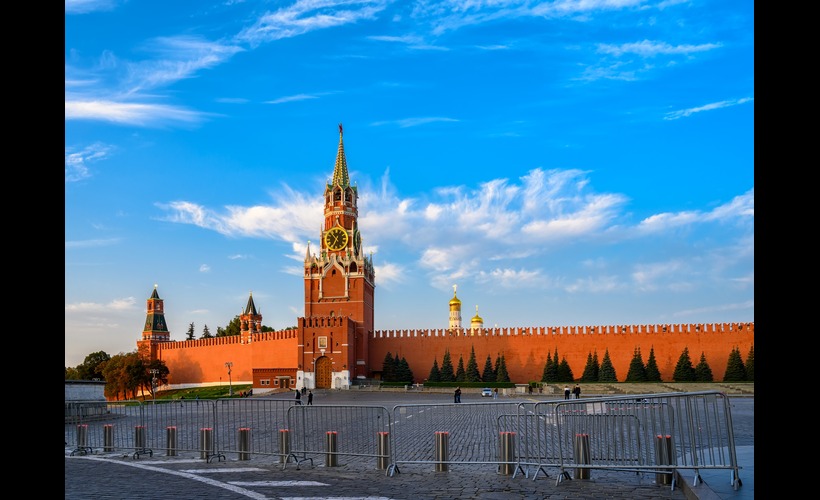Notwithstanding the fact that almost 80 years have passed since the end of the Second World War, Nazi collaboration remains one of the most uncomfortable questions to ask. This is true for many countries in both Western and Eastern Europe, where discoveries of local populations’ direct complicity in or indifference towards the Holocaust are at odds with official narratives of heroic resistance of the titular nationality. In Lithuania alone, 95% of its quarter-million Jewish population had been exterminated by Nazis and their local collaborators, most of the victims being shot and buried in mass graves in Lithuania.
With the exception of a few obscure publications in historical journals, ordinary Lithuanians’ complicity in the Holocaust had been a taboo subject in the country. That was until Rūta Vanagaitė‘s book ‘Our people: a journey with the enemy‘ came out. While the book quickly climbed in best-sellers lists, it also provoked increasingly unbearable public hostility towards the author. The culmination was reached in 2017, when in one of her interviews, Vanagaitė questioned the official story behind the leading Lithuanian anti-Soviet partisans. After a short anti-Vanagaitė public campaign, led by the country’s top journalists, all bookshops and publishing houses in Lithuania refused to sell anything and everything that Vanagaitė wrote, while the former head of state publicly suggested Vanagaitė to commit suicide. Fearing for her own safety, Vanagaitė had to leave Lithuania and wait out the storm abroad.
Today, Rūta Vanagaitė is an unrelenting authority on the subject of the Holocaust in Lithuania, having just published her second book on the subject. Join Rūta Vanagaitė and Dr. Donatas Kupčiūnas to discuss her journey through some of the darkest paths of the past and present of Eastern Europe.







